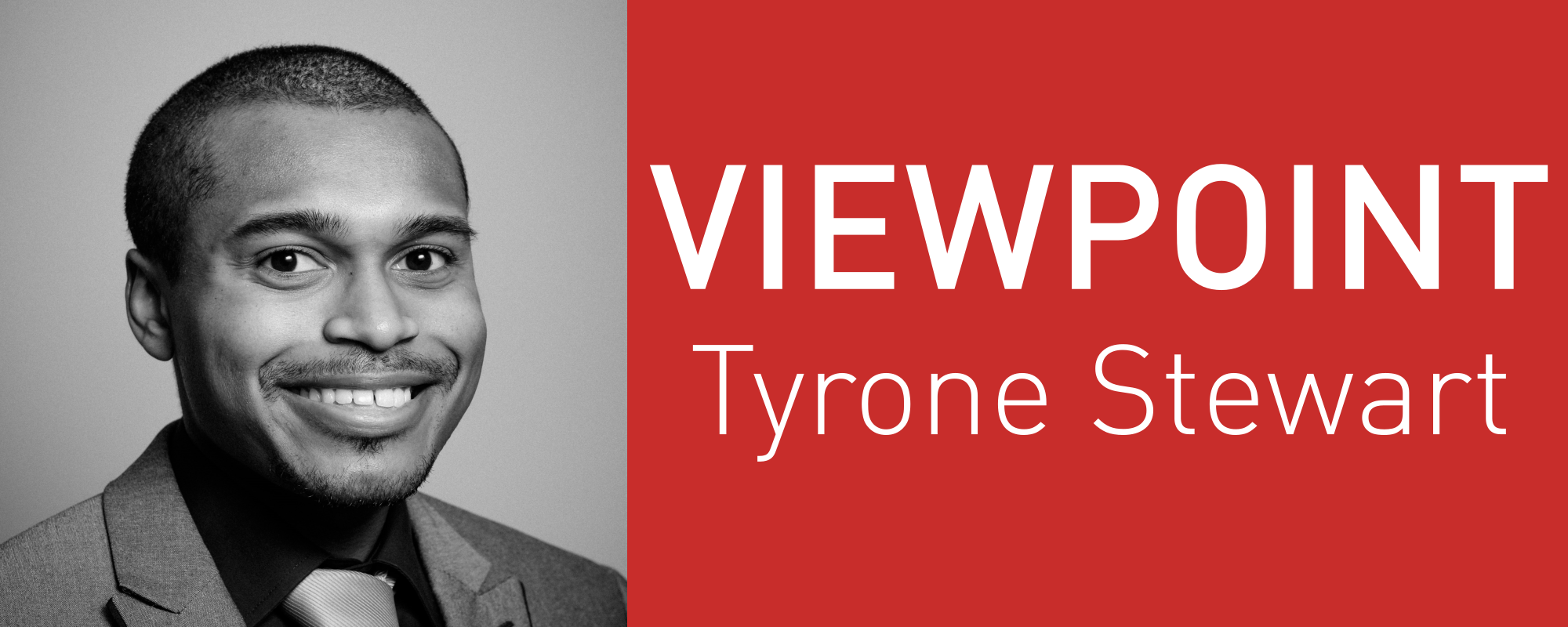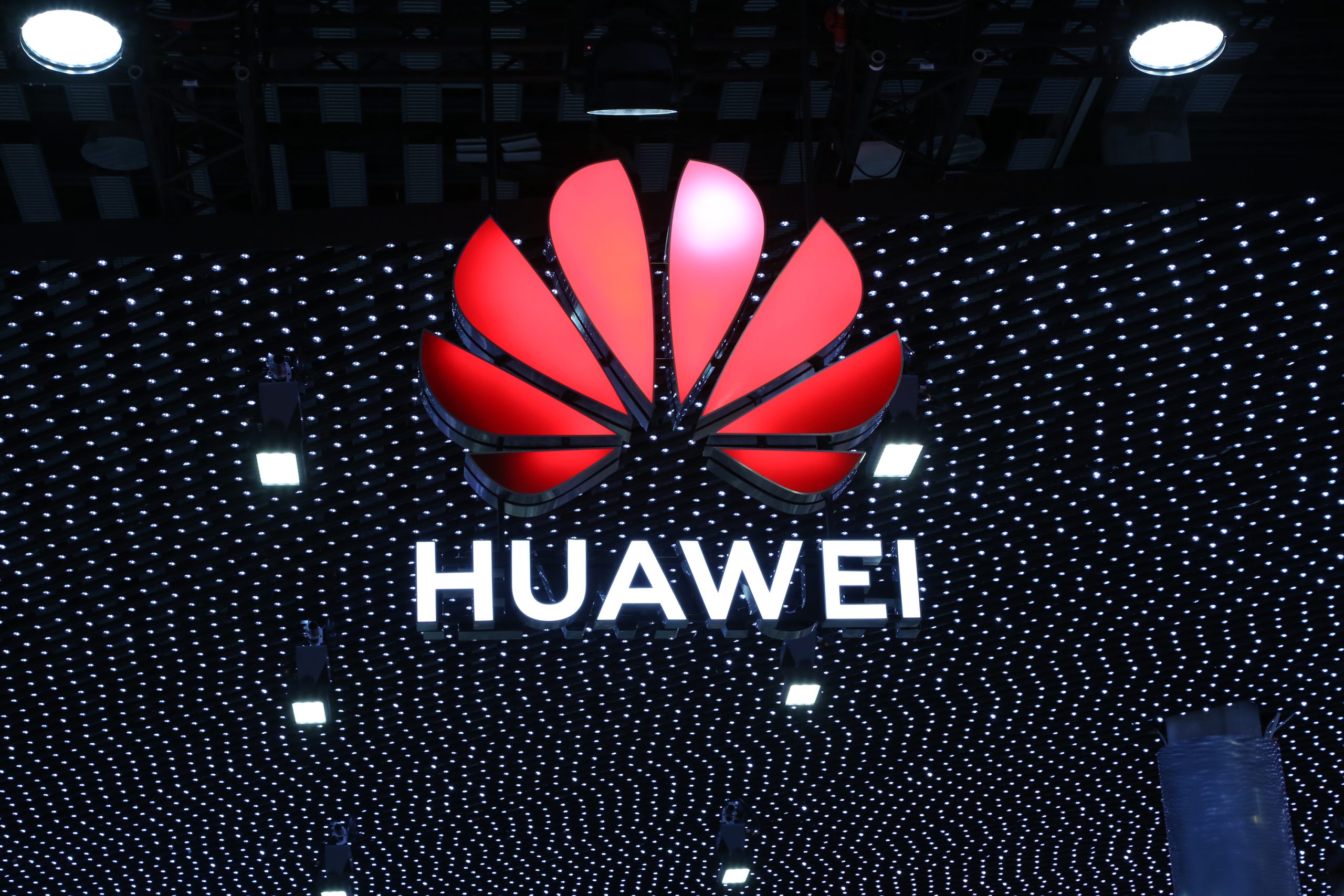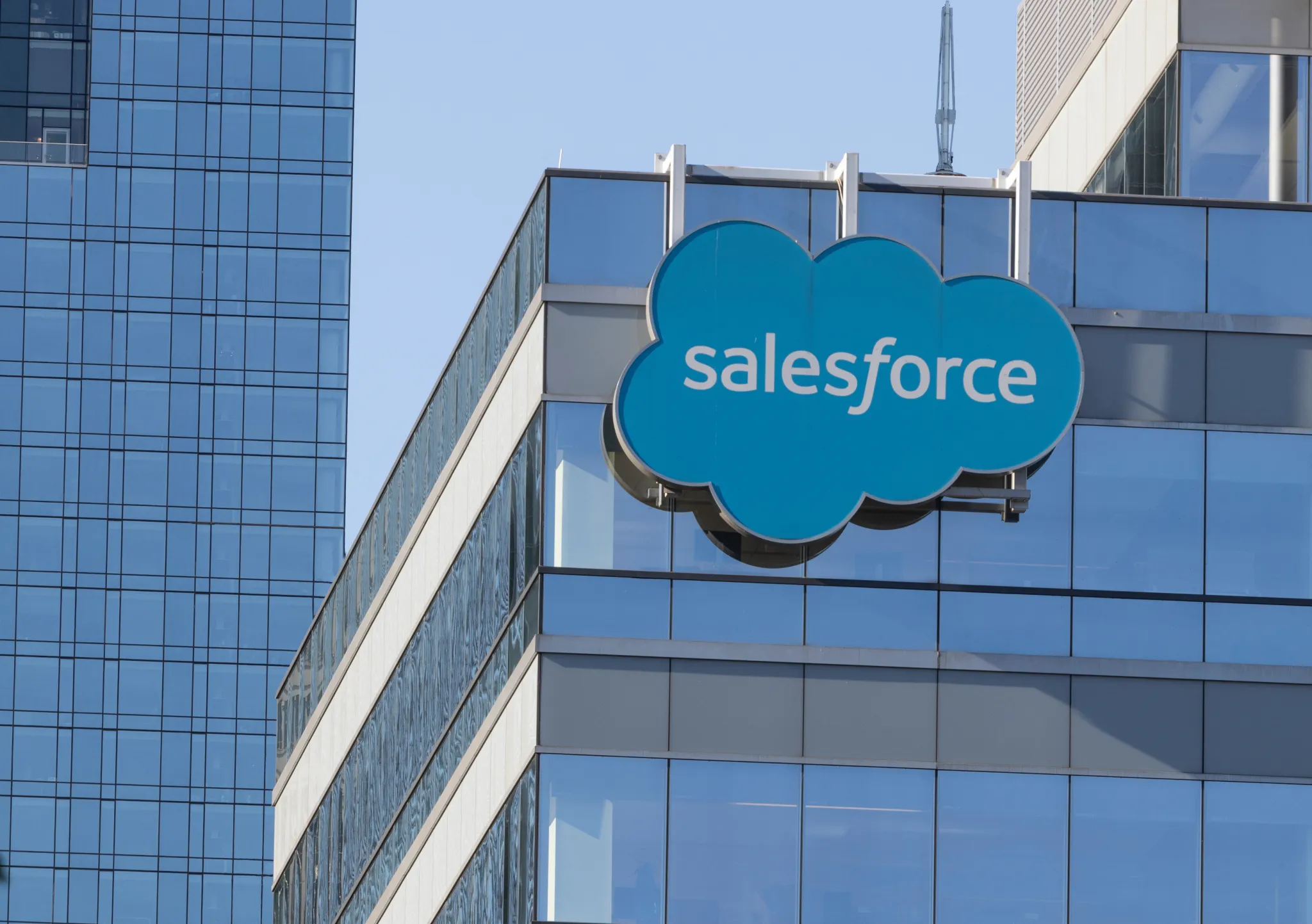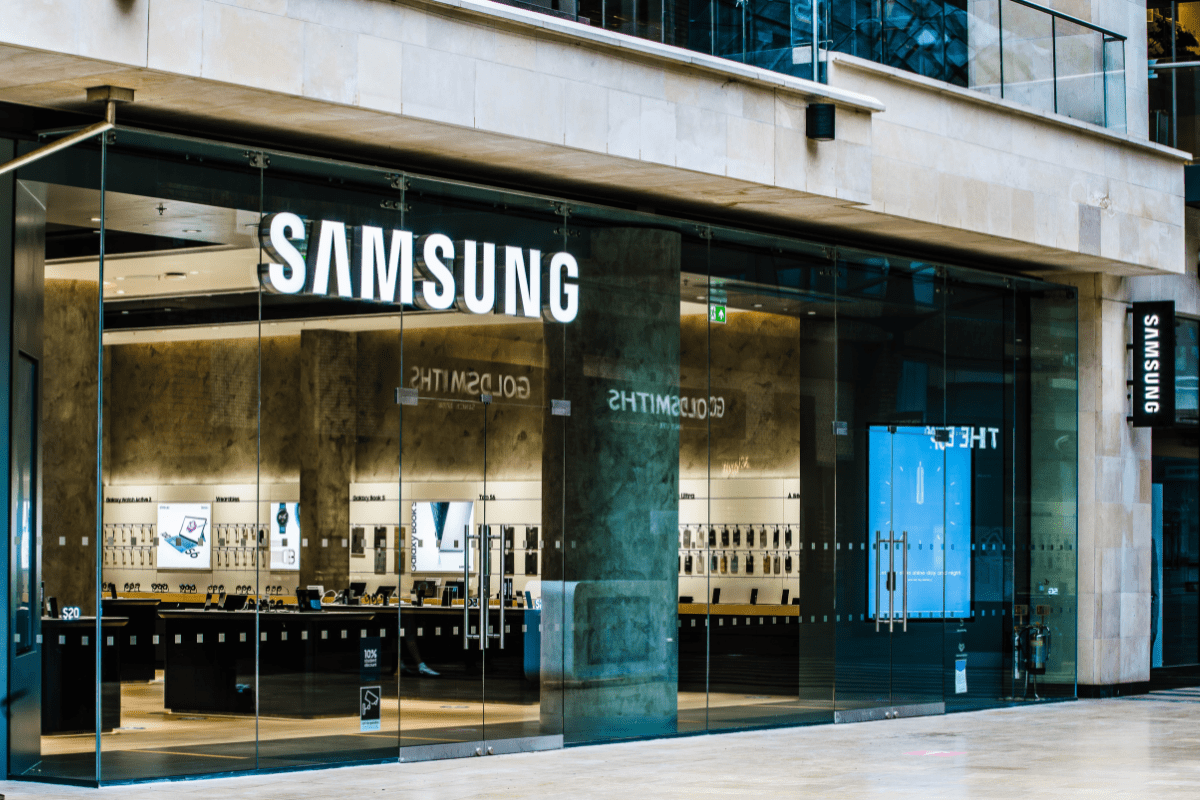Viewpoint: Big Brother is watching you
- Wednesday, July 25th, 2018
- Share this article:
 I have written a lot of pieces about Facebook, often critical of the company. A search of our ‘Viewpoint’ series will show that the vast majority of my opinion-based content is about the social network – mainly because Facebook is never far from controversy and there’s always something to talk about. This time, however, despite the original story involving Facebook, I don’t have anything negative to say about the tech giant.
I have written a lot of pieces about Facebook, often critical of the company. A search of our ‘Viewpoint’ series will show that the vast majority of my opinion-based content is about the social network – mainly because Facebook is never far from controversy and there’s always something to talk about. This time, however, despite the original story involving Facebook, I don’t have anything negative to say about the tech giant.
Today, I want to discuss government agencies. In particular, I want to talk about the multiple US government agencies and the Russian non-profit with links to the Kremlin that are part of an investigation into how they used data provided to them by data analytics firm Crimson Hexagon; and a little bit about the lovely folks at the UK’s Government Communications Headquarters – more commonly known as GCHQ.
What do all of the above entities have in common? Well, they are all accused and/or guilty of breaking the rules when it comes to surveillance of people. So, it looks like the West isn’t so different to its big bad enemies over in Russia – not that we didn’t already know that. (Funnily enough, the last time I wrote a piece that was critical of a Russian organisation, somebody tried to access my Facebook from the former Soviet nation of Georgia – and I actually don’t think any more negatively of Russia than I do about the UK or US. I mean, someone from the US Army once searched me on LinkedIn as well… I imagine that’s me getting into a few people’s bad books, but tangents and that.)
Anyway, here’s the story in Balamory (Miss Hoolie was a ledge, don’t @ me): A few days ago, it was revealed that Facebook had temporarily suspended data analytics firm Crimson Hexagon while it investigates whether some of the company’s contracts violated data-sharing policies. The contracts being reviewed by Facebook relate to the ones Crimson Hexagon has with certain US government agencies and a Kremlin-linked non-profit. The investigation is looking at whether the data shared with these agencies was used to created tools for surveillance – which would be against Facebook’s policies – rather than if the data had been collected inappropriately.
On the other side of the fence, the Investigatory Powers Tribunal (IPT) ruled that the system that gave GCHQ access to personal data from telecoms companies had been illegal between 2001 and 2012. The rules, which were introduced in the wake of the 11 September 2001 attacks, gave the UK’s foreign secretary the power to direct GCHQ to obtain data from telecoms companies with barely any oversight. In this case, the IPT said it has found no evidence that the system was ever misused by GCHQ.
In both of the above cases, it may be found that no personal data had been misused by any of the government-linked agencies within the super powers. But I do not wish to speculate in either direction. What is clear is that companies need to be prepared to stand up for their customers and the people whose data they hold – and maybe pay a little more attention to what their government-linked clients are doing with data – in general.
The large swathes of data already available to governments and their associated agencies on the internet is already a problem. At the same time, much of this data is also available to marketers and advertisers. With this vast amount of data on individuals, the concept of ‘Big Brother’ (the character in George Orwell’s Nineteen Eighty-Four, not the crappy show) is very much a reality.
This is the part where I praise Facebook – not for its handling of data, but for its commitment to attempting to prevent governments and spy agencies from being able to constantly monitor us. There’s the aforementioned policy which prohibits the use of its data to create surveillance tools and there’s the end-to-end encryption on its WhatsApp messaging platform, meaning no-one outside of any chat can see what’s happening within said chat (shout out to the likes of Viber, Telegram, and Signal for their equally secure messaging apps). On the point of end-to-end encryption, Facebook has also been involved in a long-running battle with, in particular, the UK government over access to chat logs, but the social network has stood firm (see it’s not so bad after all. Well, it is but not in this instance).
The approach of Facebook should be followed (if not already done so) by the other major internet players. It should also be followed by telecoms companies and internet service providers – though, how much say they have on surveillance of people within the UK may be limited depending on how the Snoopers’ Charter, or Investigatory Powers Act 2016, is implemented in law. Either way, it’s about time that our privacy was better protected.
















